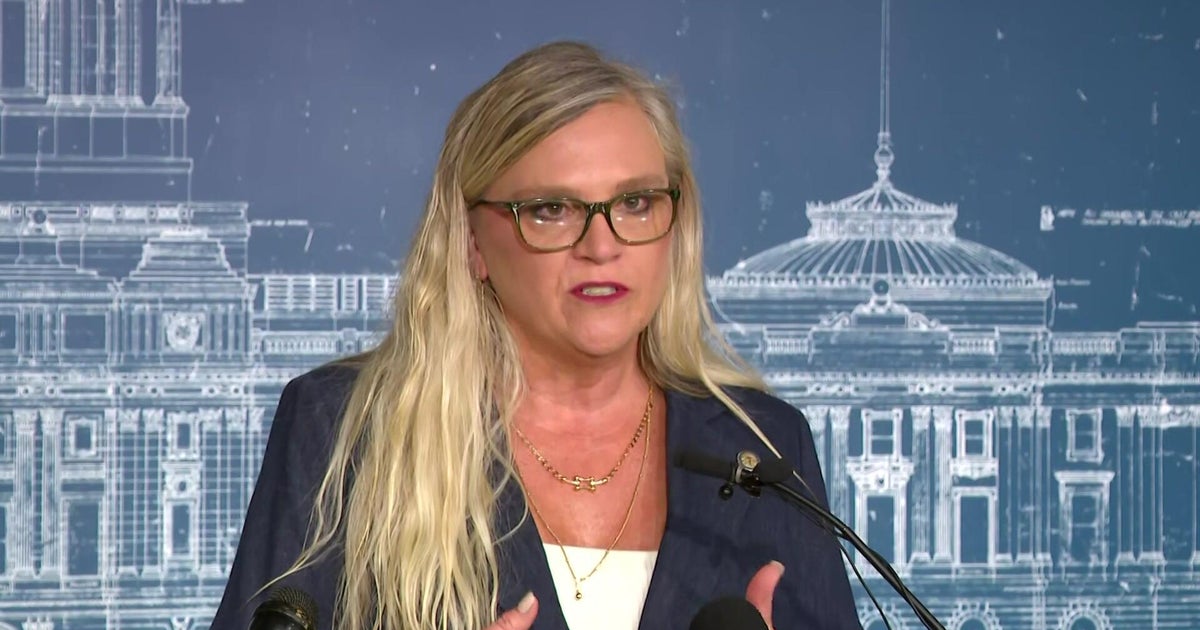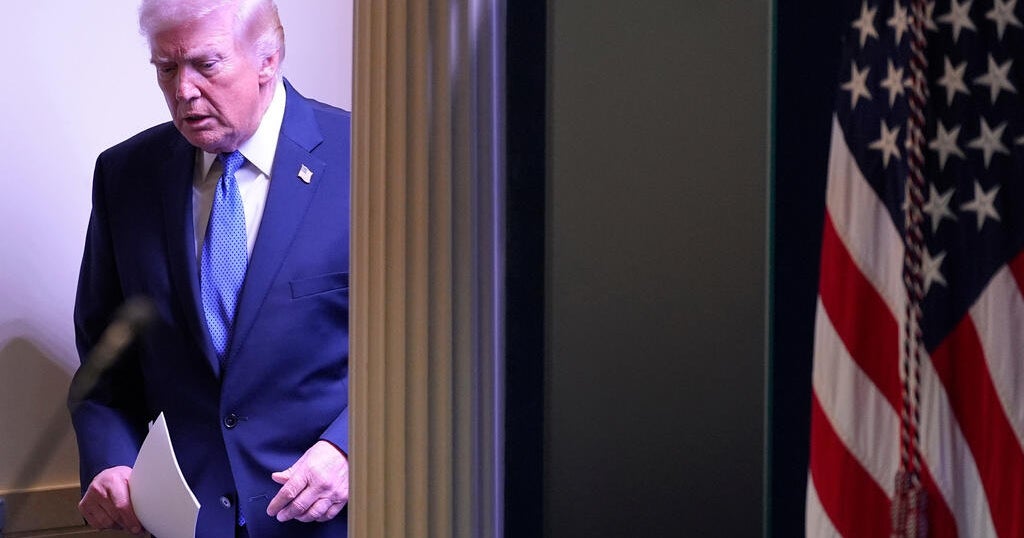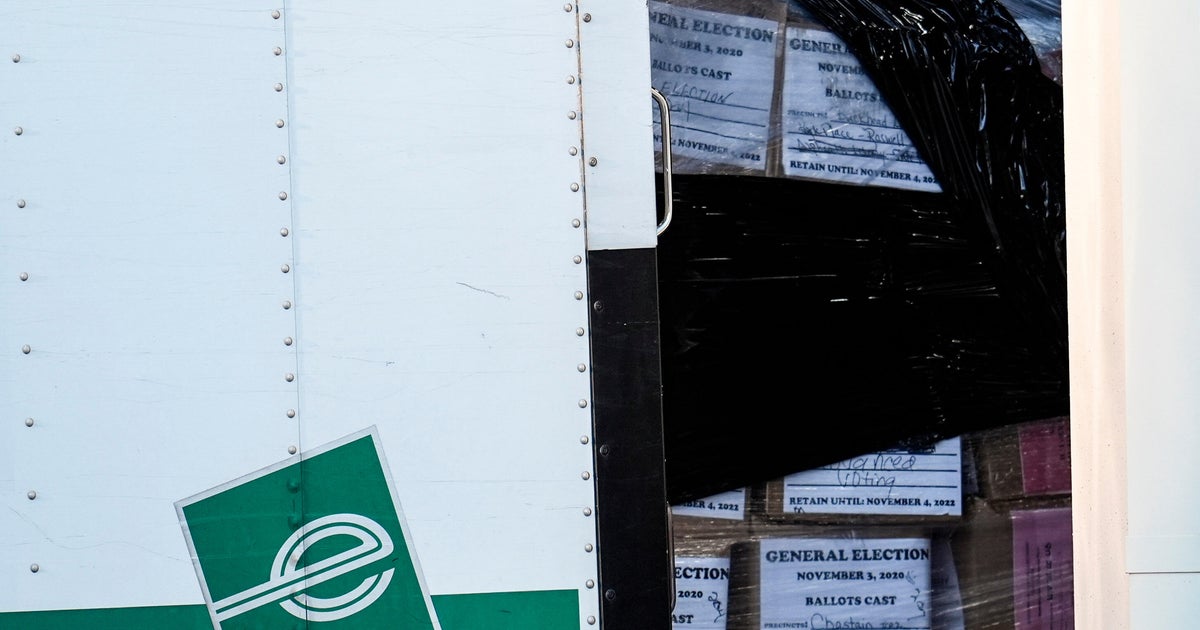Roadside drug test pilot program is seeing high participation so far, state officials say
SAINT PAUL, Minn. — Public safety officials overseeing a new pilot project studying roadside saliva drug tests say they are pleased with participation in the voluntary program.
Since the pilot launched in January, law enforcement has asked 187 Minnesotans suspected of driving under the influence of a substance other than alcohol if they were willing to participate and 80% agreed to provide the sample, according to data provided by the Department of Public Safety's Office of Traffic Safety. The test results cannot be used in court.
"The fact that we have over 150 samples that we're looking at already — that's really encouraging," said Mike Hanson, Director at the Minnesota Department of Public Safety. "That tells me the [drug recognition evaluators] that are out there using these instruments deal with people really well because if somebody is under arrest, their world is kind of coming apart, but they're still willing to step in and help us out and we really appreciate that."
State lawmakers green-lit the project when they legalized marijuana for recreational use last year. The goal, Hanson said, is to assess if two types of saliva tests that detect the presence of cannabis and other illegal drugs in a person's system are workable in the field and deliver accurate results.
MORE NEWS: Wisconsin's bar association agrees to change diversity definition in settlement
Forty-three law endorsement departments and 70 drug recognition evaluators — individuals highly trained on how to detect signs of impairment — are using the devices today.
If DPS is satisfied with the results, officials will request that the legislature authorize the tests as a screening tool to arrest someone for a DWI, similar to a breathalyzer test for alcohol. The data from the pilot will also provide information about drugged driving trends.
"The real benefit to having this approved, which we will ask the legislature for next year, is putting these in the hands of the street officers who don't have that same high level of training," Hanson said in an interview. "This is a tool to back up their observations of impairment."
The pilot will last through August and its results will be compiled in a report by early next year.








